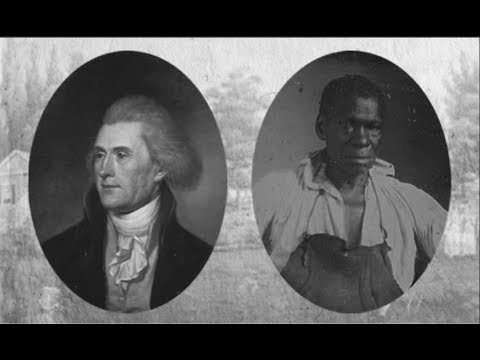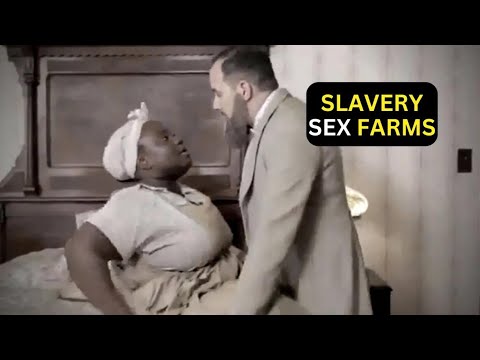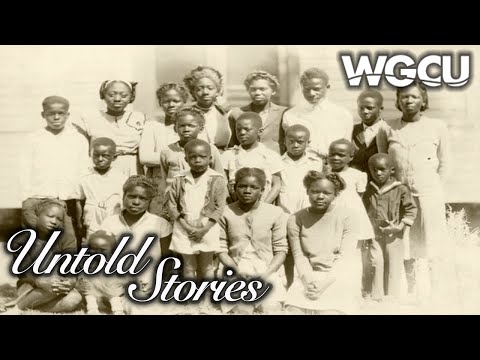Introduction
When it comes to the horrific history of the Atlantic slave trade, most traditional textbooks provide a mere glimpse into the magnitude and brutality of this abominable practice. Often glossed over or reduced to a brief mention, it is essential to delve deeper into the subject matter and recognize the immense suffering endured by millions of African individuals who were forcibly transported across the ocean. In this article, we shed light on the harsh realities often omitted from mainstream narratives and emphasize the vital importance of comprehensive education in understanding our shared history.
The Magnitude of Slavery
The transatlantic slave trade was one of humanity’s darkest chapters, spanning over four centuries. It involved European powers, predominantly Portugal, Spain, England, France, and later the United States in capturing Africans through violent raids and enslaving them for labor on plantations in the Americas. An estimated 12.5 million Africans were forcibly transported across the Atlantic Ocean, with nearly 2 million dying during brutal voyages known as the middle passage.
The Profits that Fueled Carnage
While textbooks may acknowledge slavery as an institution driven by labor demands in European colonies, they tend to overlook how it served as a foundation for capitalism’s monumental growth. Wealth generation through plantation economies utilizing enslaved labor supported economic prosperity throughout Europe and laid the groundwork for future industrial revolutions. This perspective underscores how profits made from enslaved human beings have influenced shaping modern societies.
Dehumanization: Slavery as an Ideology
Another aspect inadequately addressed is how slavery was deeply rooted in racist ideology that aimed to dehumanize Africans and justify their subjugation. The pseudoscientific concept of “racial inferiority” emerged during this period, perpetuating stereotypes that endure even today. Such dehumanization formed an ideological framework that justified extreme violence against Africans while allowing European colonizers to absolve themselves of their moral responsibility.
Resistance and Abolition Movements
Although textbooks may touch upon some resistance efforts, such as the Haitian Revolution, they often fail to delve into the numerous rebellions and uprisings that took place across the Americas and aboard slave ships. These acts of defiance provide valuable insights into the resilience and strength of enslaved individuals who fought against their oppressors, challenging the narrative that Africans were passive victims.
Moreover, inadequate emphasis is given to the abolitionist movements that played a crucial role in bringing an end to this barbaric trade. The tireless efforts of figures like William Wilberforce, Olaudah Equiano, and Frederick Douglass deserve recognition for their fight against slavery’s continuation and subsequent abolition.
The Legacy of Slavery
It is crucial for textbooks to address how the Atlantic slave trade has shaped the modern world. The economic disparities between continents today are often rooted in centuries of exploitation through slavery. Moreover, social injustices faced by people of African descent around the globe cannot be understood without acknowledging this dark chapter in history.
Conclusion
The Atlantic slave trade stands as one of history’s most egregious human rights violations. Education systems have a moral obligation to address this period comprehensively, recognizing the immense suffering inflicted on African individuals while exploring its impact on global inequality. By developing a more accurate understanding of this tragedy, we equip ourselves with a foundation for promoting equality, justice, and ensuring such atrocities are never repeated in any form.





